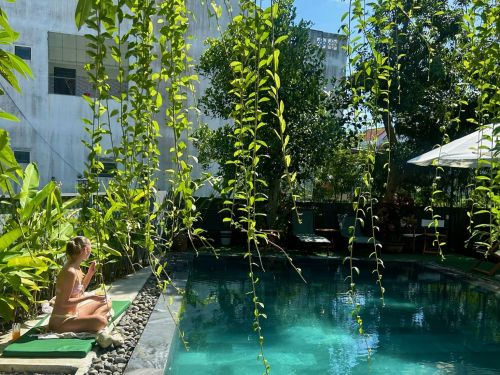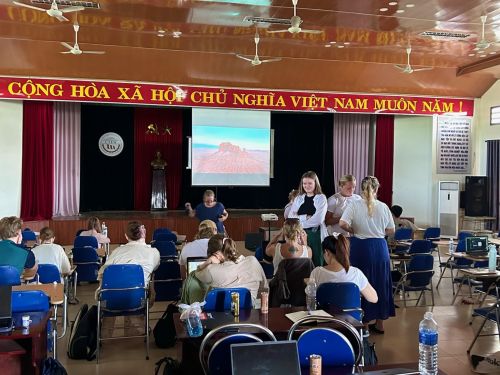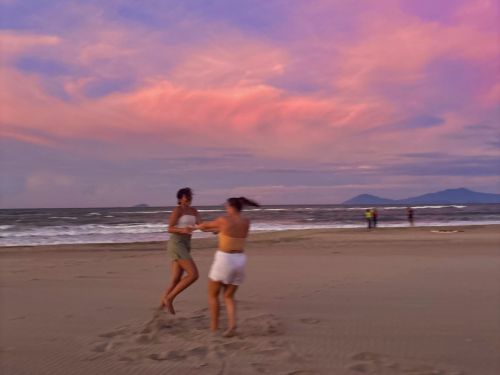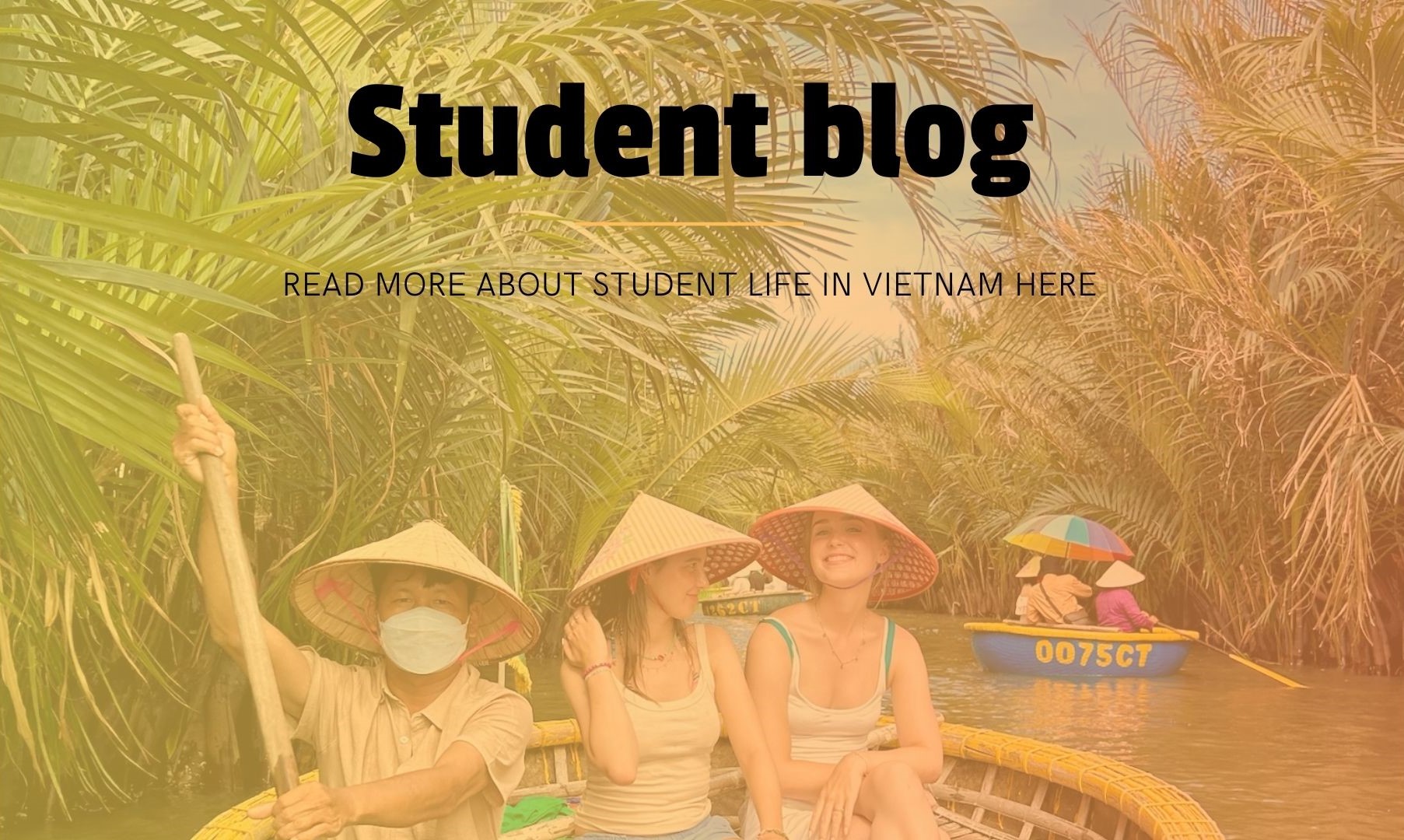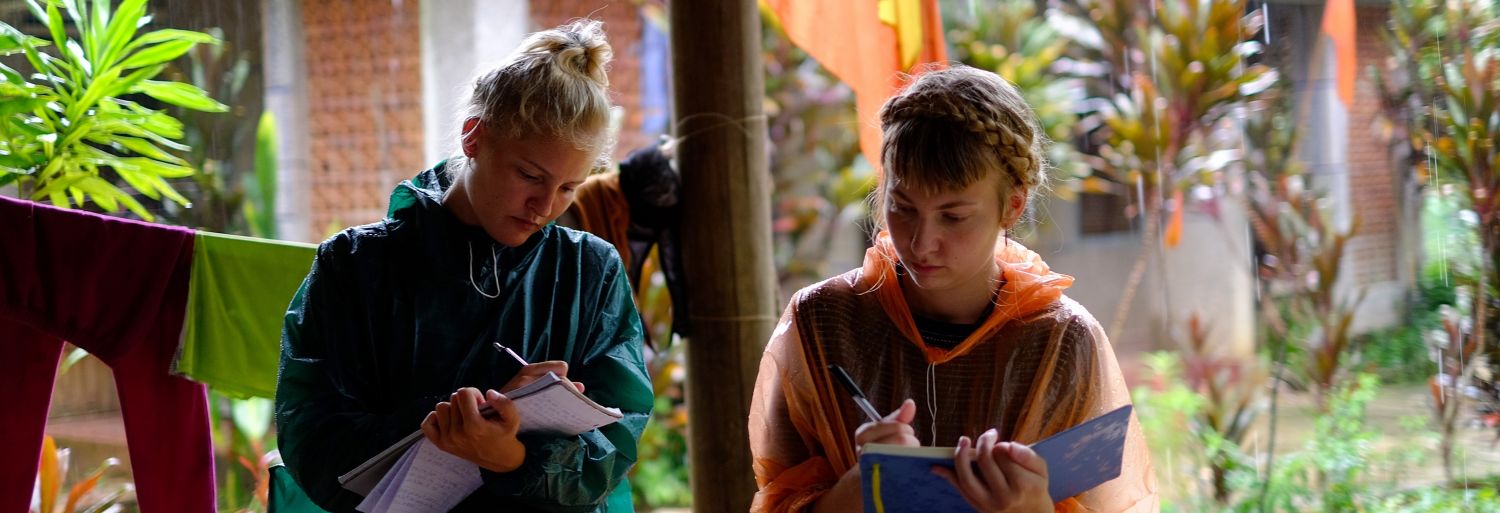
Vietnam
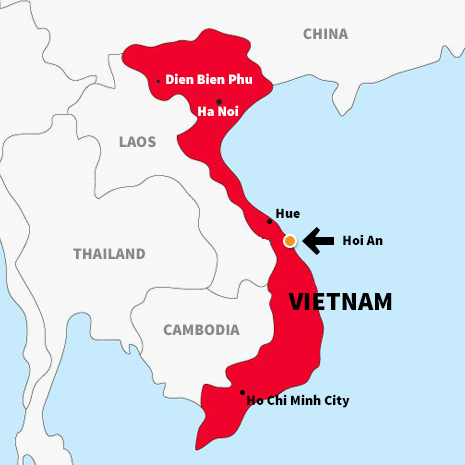
Vietnam
Vietnam as a country is undergoing rapid change and is seen as one of the world´s greatest success stories the last decades in terms of development. After several years of a "centrally planned economy", the economic reforms following 1986 have created upheaval in peoples´lives.
Vietnam has an exciting, but sometimes tragic history. Years of war and occupation have clearly made an impact. Still, we see that our previously glum impressions of a war torn country is changing into travellers´stories of amazing nature, beautiful beaches and a rich cultural heritage. While it remains a poor country, it is rich in astonishing experiences, amazing stories and friendly locals.
Hoi An
With its narrow streets and historical buildings, located along the Thu-Bon river, Hoi An is often described as the pearl of Vietnam. Its increasing tourist appeal has also brought growth to the whole region, making it an interesting case study on the effect of tourism.
The former trading town with its old houses and slow pace of life was from the 15th century to the beginning of the 19th century a center for trade and a winter port for traders from all over Asia. A history as cultural meeting point you will still see reflected in its people and architecture.
Hoi An stands out with its numerous talented tailors and pristine beaches.
The city is also an excellent base for travels around Vietnam. Its is closely connected to both the mountains and the highlands. The city of Danang, with a million inhabitants, is the closest neighbor. The old imperial town Hue is an uforgettable train ride away.
The study center
Kulturstudier has a study center at the local Phan Chau Trinh University, centrally located in Hoi An.
The beach
The beach is four kilometres down the river. You can quickly cycle there through the beautiful landscape of green rice fields and grazing water buffalo.
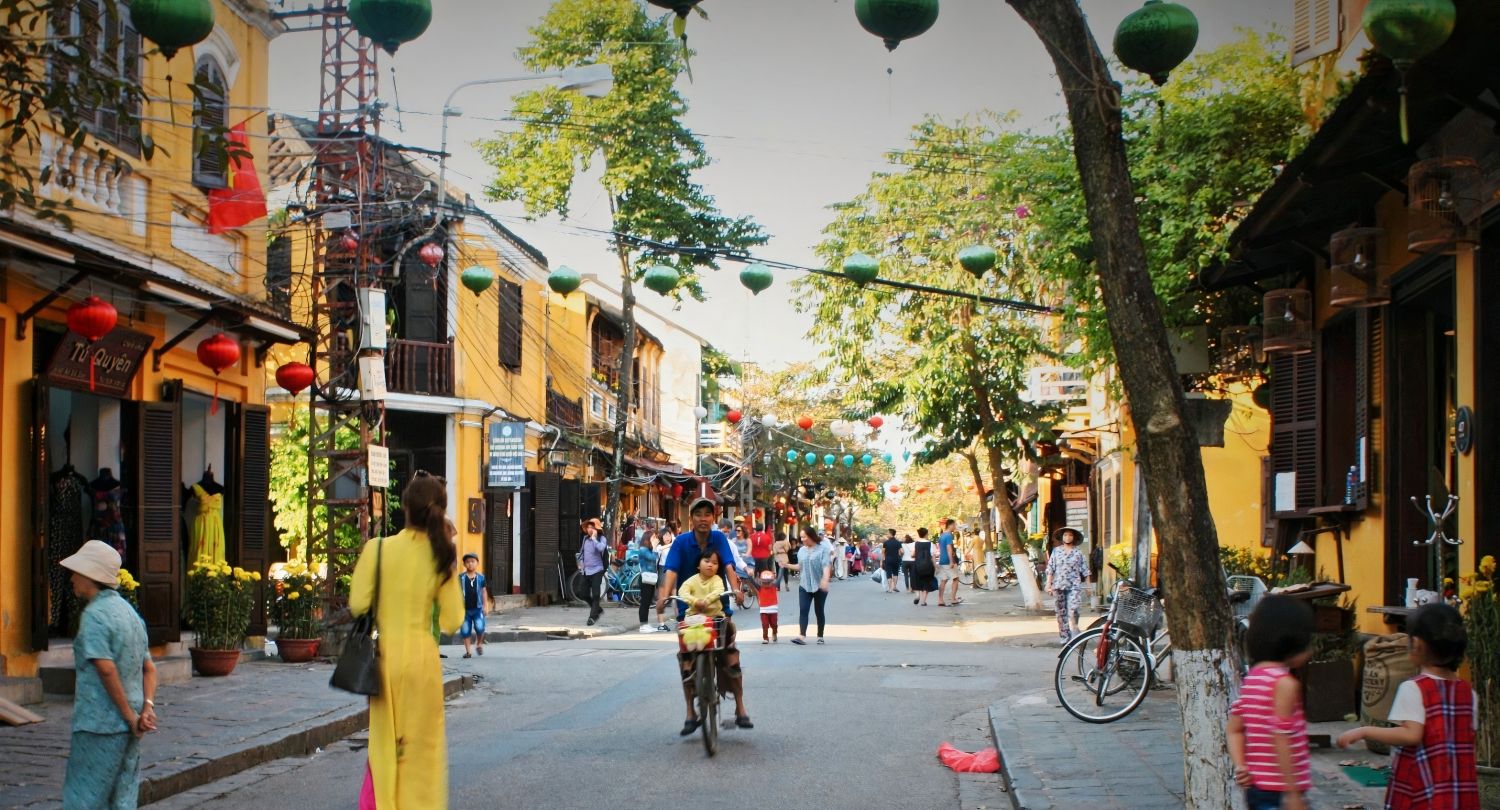
Accommodation
The programme fee includes accommodation and breakfast all week days. The selection of eateries in Hoi An can be overwhelming, but you will quickly find your favourites. All the students houses have kitchens where you can cook your own food.
In Hoi An we live in privately owned houses that we rent just outside the old parts of the city. The students typically share double- to quadruple rooms. It is however possible to pay more and stay in a single room. You can also choose to arrange your own accommodation and get a deduction in the fee.
As Hoi An is a small city, you will find most of what you need within walking distance. The student accommodation will be roughly 15 minutes on foot from the university and city center. Bikes are cheap and practical for local transportation. Facilities such as grocery stores, internet cafés, bank, post office, medical center and hospital are all easily accessible. Thanks to tourism you will find many bars and cafés.
Picture galleries
Student blog
In the student blog you will find great photos and storys from student life in Vietnam:

Interview with Phuc
Academically, even though my major at university is in business, learning about development has allowed me to know and learn more about the current development trend and all the relevant issues. I now understand more about the dynamics of global development, and how things work. If you are a student studying this major of development, this course is all that you need to know.
Travel in Vietnam
Many students take the opportunity to explore the region before and after the study period. The studies and life in Hoi An will be the natural focus during the semester, but there will be opportunities for short weekend trips. Our collection of travel stories from previous students might awake the explorer in you.
Get to know Vietnam
By living in Hoi An, you have the opportunity to get to know Vietnam on your own through the local population and your fellow Vietnamese students. In addition, Cultural Studies offers many activities that give you the opportunity to learn about Vietnam: Introductory week with lectures on history, society and culture; guest lectures by local resource persons; excursions, for example to local voluntary organisations and businesses; social gatherings; film nights; Vietnam Day; quiz nights; concerts; sports, and more. There are also opportunities for evening classes, often including an introduction to languages, cookery, yoga and more.
Culture and History
Books about Vietnamese culture focus on the fact that their way of being and thinking seems to be characterised by harmony, hierarchy and respect for elders and authorities. The family is emphasised as a particularly important unit, or rather the most important unit, both for society and the individual. In the media and travel brochures, Vietnam is also portrayed as a land of smiles, in line with other countries in Southeast Asia such as Cambodia, Laos and Thailand. Are the Vietnamese a harmony- and family-loving people? And if so, what has helped to shape their way of thinking and acting?
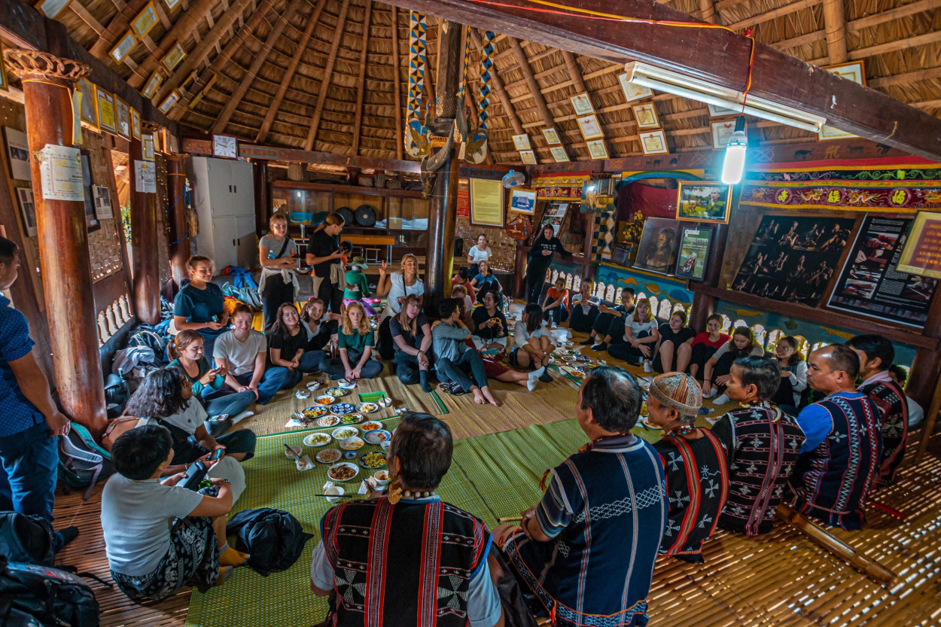
Climate
The climate in Hoi An is tropical. During the spring semester temperatures will rise steadily from comfortable to really hot, with little rain. The autumn semester offers comfortable warmth, but a more humid climate and occasional rain. Sometimes the monsoon coincides with the semester bringing days of hard rain. Roughly every third year we experince a typhoon during the autumn semester, but our local staff is well equipped to handle weather related situations and we have never experienced any injuries. Click on the link below to see average temperature and yearly rainfall.
Travel
You arrange your flights yourself. But we recommend that you buy flexible tickets. Plans often change when you make new friends. Many students decide to combine their studies with travelling before or after their study period. Our travel agent can organise joint departures for those who wish to travel with fellow students. If you have registered for a course you will receive more information on this in due time. You should not buy tickets before you receive a go ahead for this from Kulturstudier.
Financing
With Kulturstudier you can study in Vietnam, with fully transferable credits (ECTS - European Credit Transfer System), which will qualify for financing from many European state educational loan funds.
In addition to the programme fee (that includes accommodation) you will need at least 3000 Euro for travel, books, pocket money and other expenses.
Courses in Vietnam
Facts on Vietnam
-
Official name:
The Socialist Republic of Vietnam (S. RV)
-
Area:
331 210 km²
-
Population:
104,799,174 (2023 est.)
-
Major cities:
Hanoi (capital), Ho Chi Minh City, Da Nang, Hai Phong, Nha Trang
-
Borders:
Laos, China and Cambodia
-
Religion:
Catholic 6.1%, Buddhist 5.8%, Protestant 1%, other 0.8%, none 86.3% (2019 est.)
note: most Vietnamese are culturally Buddhist
-
Official language:
Vietnamese (kinh)
-
Literacy:
95,8% of the population above 15 years
-
Population below poverty line:
6.7% (2018 est.)
-
Source:
CIA Factbook
-

